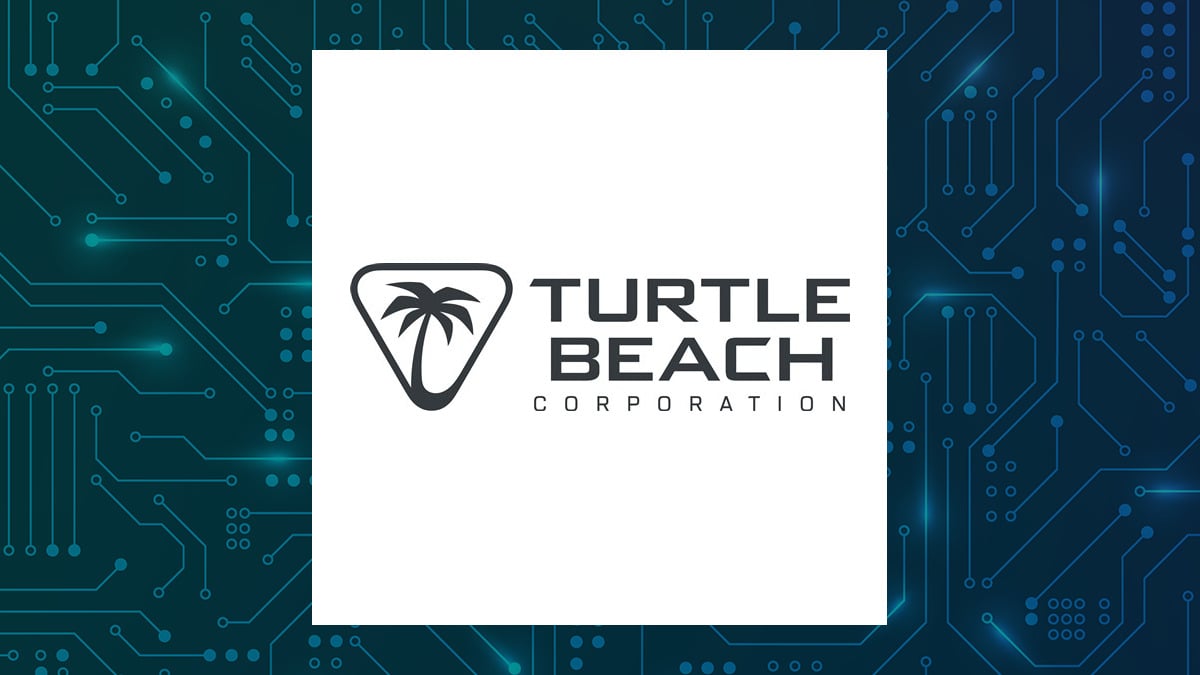Turtle Beach (NASDAQ:TBCH – Get Free Report) is one of 41 publicly-traded companies in the “Communications equipment, not elsewhere classified” industry, but how does it compare to its peers? We will compare Turtle Beach to related businesses based on the strength of its earnings, risk, profitability, institutional ownership, analyst recommendations, valuation and dividends.
Insider & Institutional Ownership
67.0% of Turtle Beach shares are held by institutional investors. Comparatively, 37.4% of shares of all “Communications equipment, not elsewhere classified” companies are held by institutional investors. 5.1% of Turtle Beach shares are held by insiders. Comparatively, 13.0% of shares of all “Communications equipment, not elsewhere classified” companies are held by insiders. Strong institutional ownership is an indication that hedge funds, large money managers and endowments believe a stock will outperform the market over the long term.
Analyst Ratings
This is a breakdown of recent ratings and recommmendations for Turtle Beach and its peers, as reported by MarketBeat.
| Sell Ratings | Hold Ratings | Buy Ratings | Strong Buy Ratings | Rating Score | |
| Turtle Beach | 0 | 0 | 2 | 0 | 3.00 |
| Turtle Beach Competitors | 227 | 485 | 1024 | 50 | 2.50 |
Profitability
This table compares Turtle Beach and its peers’ net margins, return on equity and return on assets.
| Net Margins | Return on Equity | Return on Assets | |
| Turtle Beach | 1.41% | 9.18% | 3.88% |
| Turtle Beach Competitors | -18.70% | -50.08% | -5.05% |
Volatility and Risk
Turtle Beach has a beta of 2.05, suggesting that its stock price is 105% more volatile than the S&P 500. Comparatively, Turtle Beach’s peers have a beta of -8.06, suggesting that their average stock price is 906% less volatile than the S&P 500.
Valuation and Earnings
This table compares Turtle Beach and its peers revenue, earnings per share (EPS) and valuation.
| Gross Revenue | Net Income | Price/Earnings Ratio | |
| Turtle Beach | $372.77 million | -$17.68 million | 19.00 |
| Turtle Beach Competitors | $399.63 million | -$90.17 million | 22.75 |
Turtle Beach’s peers have higher revenue, but lower earnings than Turtle Beach. Turtle Beach is trading at a lower price-to-earnings ratio than its peers, indicating that it is currently more affordable than other companies in its industry.
Summary
Turtle Beach beats its peers on 10 of the 13 factors compared.
About Turtle Beach
 Turtle Beach Corporation operates as an audio technology company. It develops, commercializes, and markets gaming headset solutions for various platforms, including video game and entertainment consoles, personal computers, handheld consoles, tablets, and mobile devices under the Turtle Beach brand. The company also offers gaming headsets, keyboards, mice, mousepads, and other accessories for the personal computer peripherals market under the brand of ROCCAT, as well as digital USB and analog microphones under the Neat Microphones brand. It serves retailers, distributors, and other customers in North America, the United Kingdom, Europe, and internationally. The company was founded in 1975 and is headquartered in White Plains, New York.
Turtle Beach Corporation operates as an audio technology company. It develops, commercializes, and markets gaming headset solutions for various platforms, including video game and entertainment consoles, personal computers, handheld consoles, tablets, and mobile devices under the Turtle Beach brand. The company also offers gaming headsets, keyboards, mice, mousepads, and other accessories for the personal computer peripherals market under the brand of ROCCAT, as well as digital USB and analog microphones under the Neat Microphones brand. It serves retailers, distributors, and other customers in North America, the United Kingdom, Europe, and internationally. The company was founded in 1975 and is headquartered in White Plains, New York.
Receive News & Ratings for Turtle Beach Daily - Enter your email address below to receive a concise daily summary of the latest news and analysts' ratings for Turtle Beach and related companies with MarketBeat.com's FREE daily email newsletter.
